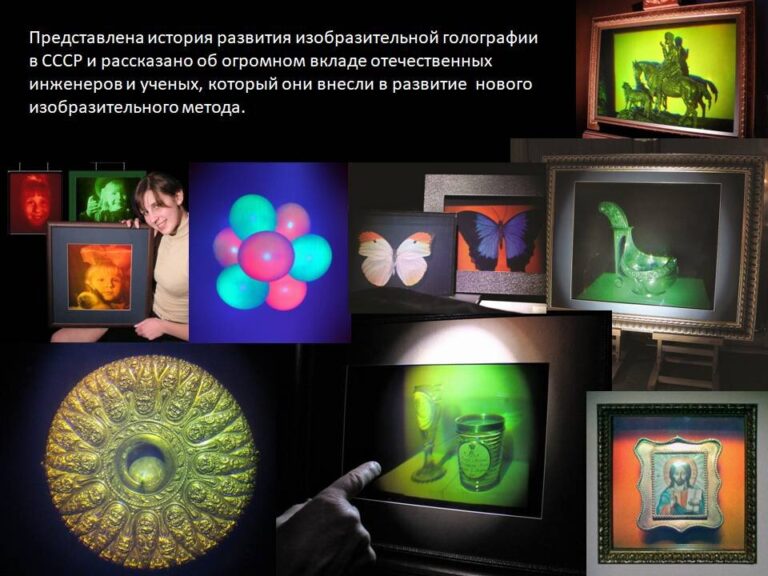You're No Longer Needed! Find Out How Soon AI Will Take Your Job

The more actively artificial intelligence develops, the more concerns arise. Some are afraid of new fraud schemes, others are worried that they will not be able to compete with AI for jobs and will be left without work.
I've collected frequently asked questions about AI and want to share my own opinion on the matter. So, gentlemen Luddites, put down your stakes and hoes for a minute. Let's first figure out whether AI is as scary as science fiction writers and Twitter madmen paint it.
Can AI replace humans in industry?
Yes! It's already happening.
But is it so scary? When it comes to production, most errors occur due to the human factor. A person did not watch carefully, was distracted, did not get enough sleep, and an error occurred.
It is important to understand that AI is not only popular neural networks. AI is any programmed mechanism that a machine can perform independently. An example in everyday life is a robot vacuum cleaner that can turn on at a specified time, clean the room and, if necessary, send a message to the phone about the work done.
An example in production is a soldering machine, whose job it is to solder parts to boards. It will not come to work hungover or in a bad mood, it will not get tired and will not go on a smoke break, its “hand” will not tremble when mixing the soldering solution. This means that there will be much less defective products, and the production speed will increase.
Is there a chance that this will happen? If so, when?
This is already happening, just to varying degrees.
I doubt that it is possible to have a whole factory where robots produce robots, like in Terminator. Human participation is still necessary. At least to set up the system, set commands and control the process.
The main argument in favor of the fact that it is impossible to completely replace a person in production is the absence of a perpetual motion machine. Mechanisms break, stop and become unusable. This is where a person is needed. To react in time, replace, switch and correct an error.
Perhaps the situation will change with the invention of a perpetual motion machine, but it is difficult to predict specific timeframes. Any figure of 100, 200 years will be a fantasy, not supported by facts.
Why is it impossible to completely replace humans in industry?

Partially replacing human labor with robots is possible and necessary. To a certain extent, this will only improve productivity. It will minimize errors that arise due to the human factor, and speed up the process. But, a person must monitor the machines.
At this stage, an engineer is present at the enterprise where AI is used, who monitors the condition of the machines and the production cycle. I believe that in the future, this will be the function of a person in production – monitoring machines with AI.
Perhaps, at first it will be three engineers per workshop, then one engineer per plant, then one for three plants, and so on. But it is unlikely that it will be possible to exclude a person from the process.
Replacement of parts, wear and tear, technical errors – this needs to be monitored. It’s trivial to agree on a budget for purchasing components and go through the circles of bureaucratic hell. It’s unlikely that a robot can do this.
And creating a full production cycle that will reproduce itself is difficult.
Besides, it is not necessary. Let's be honest – human labor is much cheaper than creating such “complex” robots.
What jobs can't be replaced by AI?
It's a difficult question.
It is generally accepted that humans possess creativity and intuition that are unique to homosapiens. But I think this is not entirely fair.
After all, what is intuition? It is an unconscious conclusion that a person makes based on previously acquired experience.
Artificial intelligence works on the same principle – it analyzes a large amount of data, remembers general patterns, from which it later draws conclusions. Therefore, it can be said that something like intuition is inherent in computing machines.
At this stage, it seems to me that it is impossible to replace a human decision maker. For example, it is possible to automate the process of building a new plant. But it is impossible to delegate to AI the selection of a construction site, negotiations with contractors, coordination with land committees and cost calculations. This must be done by a human.
Yes, you can include a price parameter in the algorithm and configure the system so that it chooses the most expensive or cheapest option when buying the same parts. But such an approach will not be economically advantageous.
What is the point of implementing AI in production?
Yes, but it is important to understand the difference between artificial intelligence and neural networks.
AI is any given algorithm that a machine can do on its own. What makes a neural network different is that it can learn on its own.
I have already talked about the principle of neural network training above. A large amount of data with given characteristics is run through the network. For example, hundreds of examples of “good” and “bad” text. At the output, the neural network begins to understand how one text differs from another and can itself create a text on a given topic using a template. This is exactly what chat gpt does with varying success.

In general, if we finish the conversation about AI, then there is no need to be afraid of it. The main task of a modern person is to learn how to correctly use AI in work, to “make friends” with it, so that with joint efforts they can make work better, easier, faster and safer.





